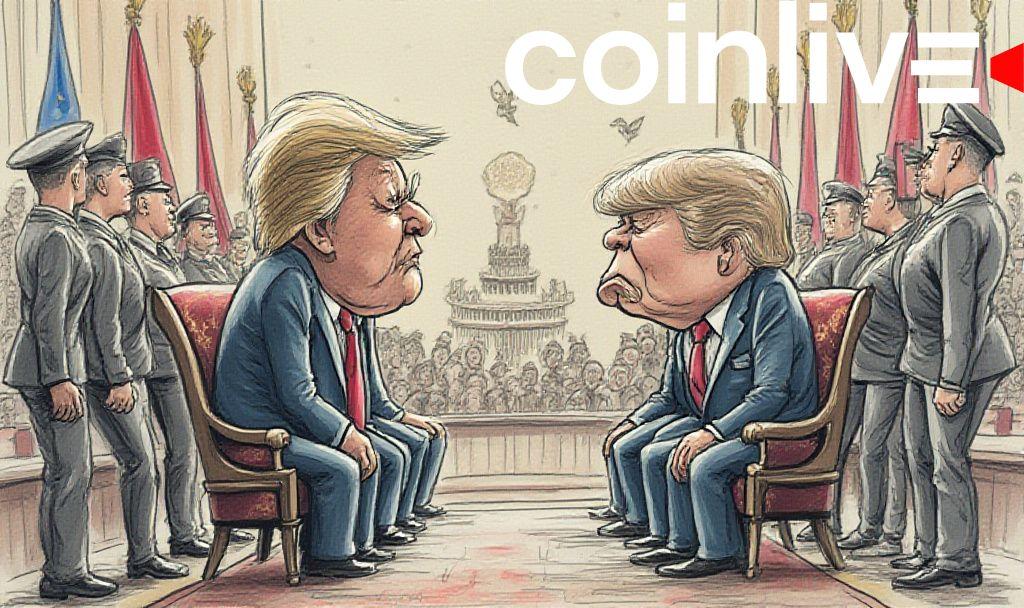- U.S.-China trade negotiations culminate in a “total reset.”
- Trump seeks improved business connections.
- Impacts market volatility expectations.

President Trump revealed a “total reset” in trade negotiations with China, aiming to improve business relations and deescalate ongoing conflicts.
The U.S.-China trade talks signal potential relief in global markets as both nations pursue easing tensions and boosting economic engagements.
Opening Trade Channels
President Trump announced that U.S.-China trade talks have concluded with a “total reset,” emphasizing an opening up of China to American businesses. This strategic move is aimed at reducing tensions that have heightened global uncertainty.
Key Figures
Key figures include President Donald Trump leading the U.S. delegation and He Lifeng, the Chinese Vice Premier, representing China. The emphasis is placed on fostering shared interests and de-escalating economic strains as noted by U.S. Treasury Secretary Scott Bessent.
Market Reactions
The markets responded cautiously to the announcement, with analysts predicting potential volatility as stakeholders assess the short and long-term impacts. This sentiment underscores the critical nature of these talks amid existing trade stalemates.
“We want to see, for the good of both China and the U.S., an opening up of China to American business. Great progress made.” — Donald Trump, President of the United States
Future Implications
While immediate cryptographic asset implications were not disclosed, the financial sector anticipates market shifts. In historical contexts, such resets have led to changes in commodity and equity markets, often indirectly influencing broader technological economies.
Economic analysts suggest this reset may shift global trading patterns, potentially influencing technological exchanges and digital currency trends. Historical precedents show trade negotiations tend to herald market shifts, although specific impacts remain speculative without detailed agreements.








